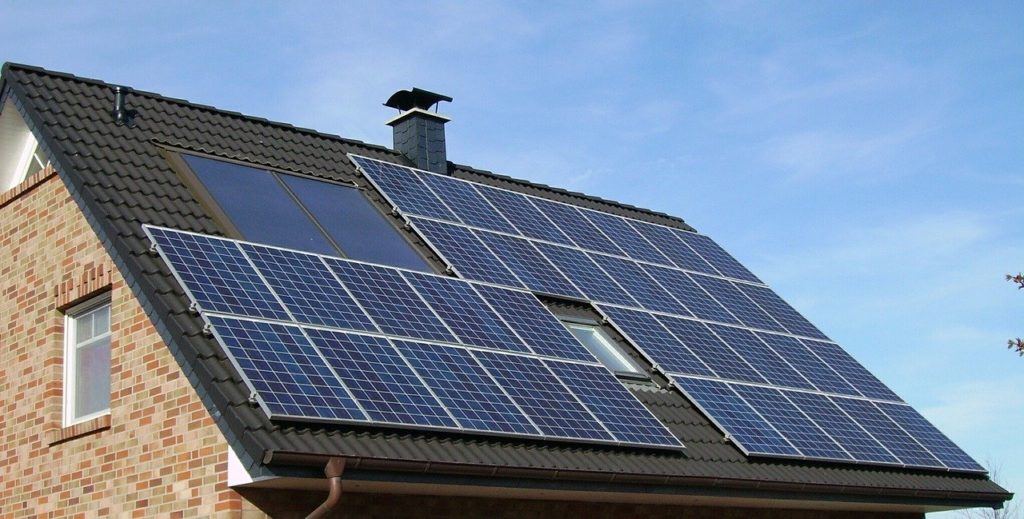Solar panels are a cost-effective and sustainable way to generate electricity. Solar technology has become increasingly popular in recent years as a means of harnessing the sun’s energy to power many of the appliances and devices that we use every day. Solar panels are made up of photovoltaic (PV) cells that are connected together and arranged in an array, facing the sun. When sunlight strikes the PV cells, the cells convert the light energy to electrical energy. This energy is then used to power appliances or send back to the grid for others to use.
PV Solar panels have several advantages. They are a clean, renewable source of energy that does not produce any emissions and does not require any fuel, making them more environmentally friendly than other sources of energy. Solar panels also require little maintenance and can last for up to 30 years with minimal service. Furthermore, solar technology is becoming more affordable, making it increasingly attractive to homeowners and businesses alike.

Image Source : Google
However, solar panels are not without their drawbacks. They are most effective when installed in an area with direct sunlight, so they may not be suitable for some locations. Additionally, solar panels can be expensive to install and may require a large upfront cost. Furthermore, solar panels may not be able to produce sufficient energy to meet all of a home or business’s energy needs.
Despite these drawbacks, solar panels have the potential to provide reliable and renewable energy for many years to come. As the technology continues to evolve, solar panels will become increasingly affordable and accessible for all.
